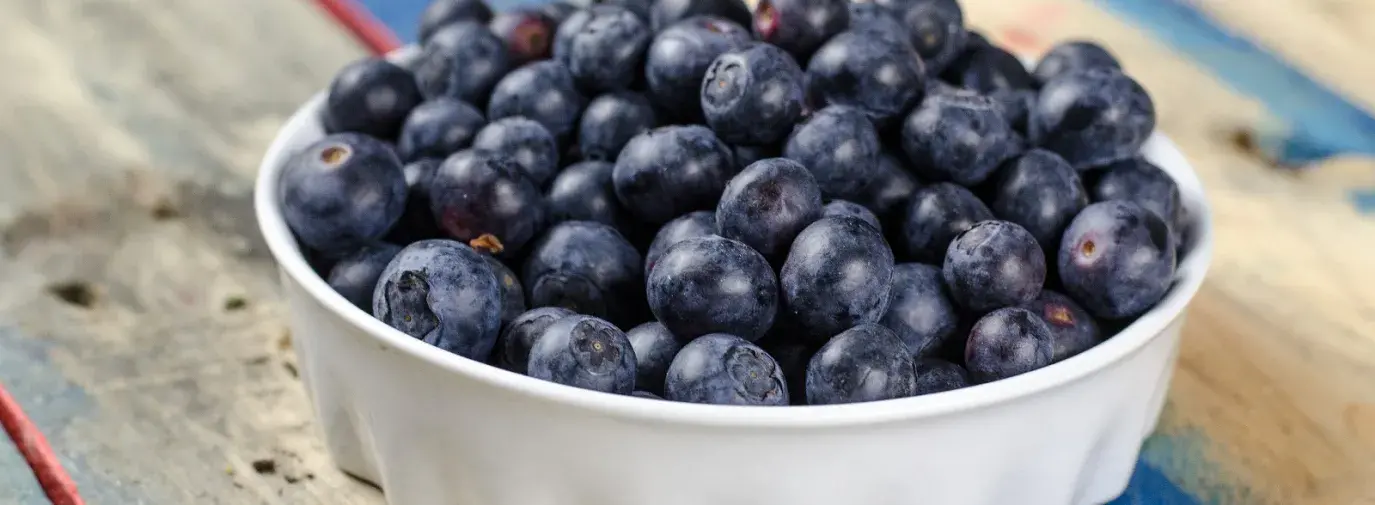
Highlighting the work of "Growing Power" in Chicago and Milwaukee
“Right now, there are 23.5 million Americans, including 6.5 million children, who live in what we call ‘food deserts,’” First Lady Michelle Obama stated in February,in support of her “Let’s Move” campaign against childhood obesity.
A food desert is a community where residents have difficulty getting access to fresh produce, much less organic produce. These areas lack the grocery stores many Americans take for granted and are instead dotted with fast food restaurants and convenience stores that offer mainly high-calorie processed foods. According to research by the Food Trust, a Philadelphia-based nonprofit, people who live in food deserts have a higher risk of obesity, type 2 diabetes, and heart disease.
Fortunately, many communities are finding ways to bring good food to these underserved areas. Growing Power, an urban farm and education center in Milwaukee, was one of the earliest. Run by former professional basketball player Will Allen, Growing Power sits next to a low-income housing development in a neighborhood that didn’t have a grocery store for miles. Today the farm churns out a dizzying amount of produce on two acres, showing all of Milwaukee that it’s possible to grow your own healthy, sustainable food in the city. There’s another Growing Power in Chicago, run by Allen’s daughter Erika.
At the Milwaukee Growing Power, 15,000 pots with over 150 varieties of vegetables—including organic herbs, salad greens, sunflowers, radishes, and mushrooms—grow intensively in 13 solar powered greenhouses and hoop houses. Goats, chickens, and turkeys thrive in clean pens. Fourteen beehives sit on the northern side of the farm. And two aquaponic hoop houses boast an ingenious system designed by Allen, where salad greens grow in and filter wastewater from farmed tilapia and perch runs.

Allen shows off a Growing Power greenhouse.
The organization sells its produce through its own farm stands, at localgrocery stores, and through its Farm-to-City Market Basket program, where people in neighborhoods without easy access to fresh food can order weekly organic produce deliveries. It also brings in young people from the community to learn where their food comes from and how to run an organic urban farm.
“We feed over 10,000 people from the main facility,” says Allen.
Smack in the center is the heart of the operation: the huge piles of compost, created by red wriggler worms from food waste from the farm and nearby businesses, and tended by volunteers.
“Today, if you drop me off anywhere in the world with a handful of worms, I can build you as big a food production system as you want,” Allen told Milwaukee Magazine earlier this year.
Many people have called on Growing Power to do just that. The organization trains over 1,000 farmers per year around the world in its intensive growing and composting methods.
And this past March, the city of Milwaukee launched a partnership with Growing Power to create 150 new green jobs for low-income African-American men. In 2009, black men made up 53 percent of Milwaukee’s jobless.
The organization recently hired the first 20 men, who began learning how to build hoop houses. They will soon start learning how to intensively grow food using Growing Power techniques.
“We have a powerful opportunity to provide dignified work, and to grow what I like to call ‘the good food revolution,’” says Allen. “Employment lowers crime and allows people to stabilize their own lives. Our new hires will feel part of a larger effort to improve the public health of our city.”
Allen’s work has garnered him many accolades, including a MacArthur Genius Grant and a spot on Time magazine’s “100 World’s Most Influential People” list in 2010. Michelle Obama asked him to stand next to her as she launched her Let’s Move campaign. And in May, he won one of four US Green Awards, judged by 19 leading green organizations, including Green America.
But he’ll readily admit that none of that matters as much to him as the opportunity to get his hands dirty on his family farm and at Growing Power.
As Allen wrote in his “Good Food Manifesto” that appears on GrowingPower.org: “I am a farmer. While I find that this has come to mean many other things to other people—that I have become also a trainer and teacher, and to some a sort of food philosopher—I do like nothing better than to get my hands into good rich soil and sow the seeds of hope.”
— Tracy Fernandez Rysavy







